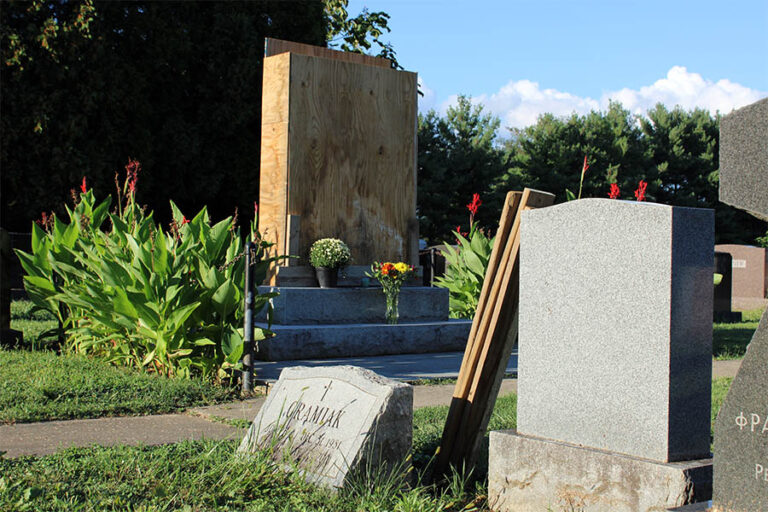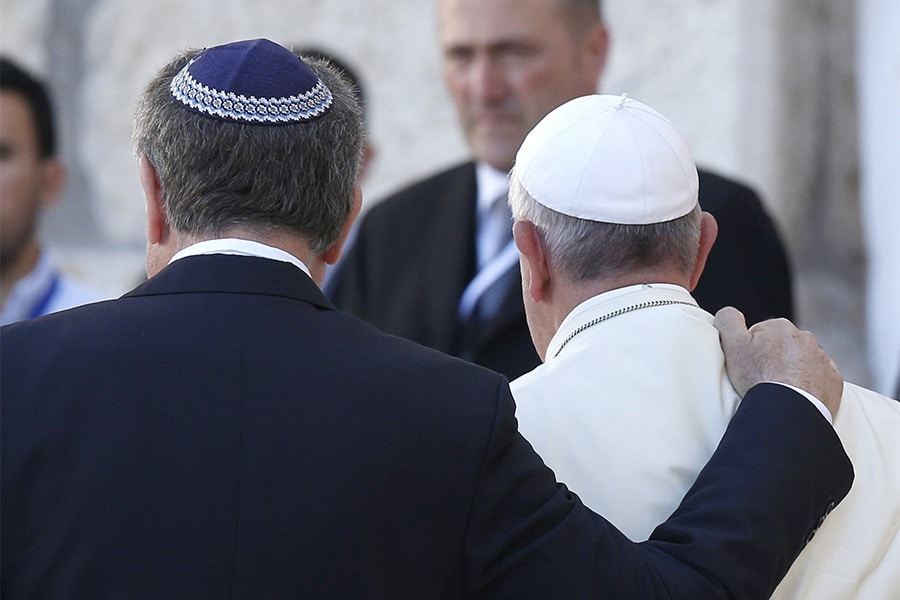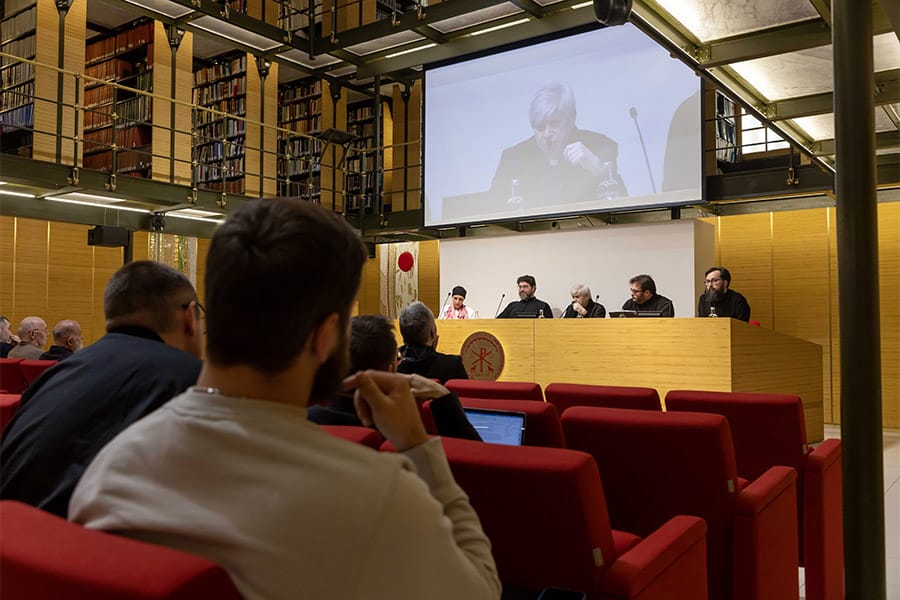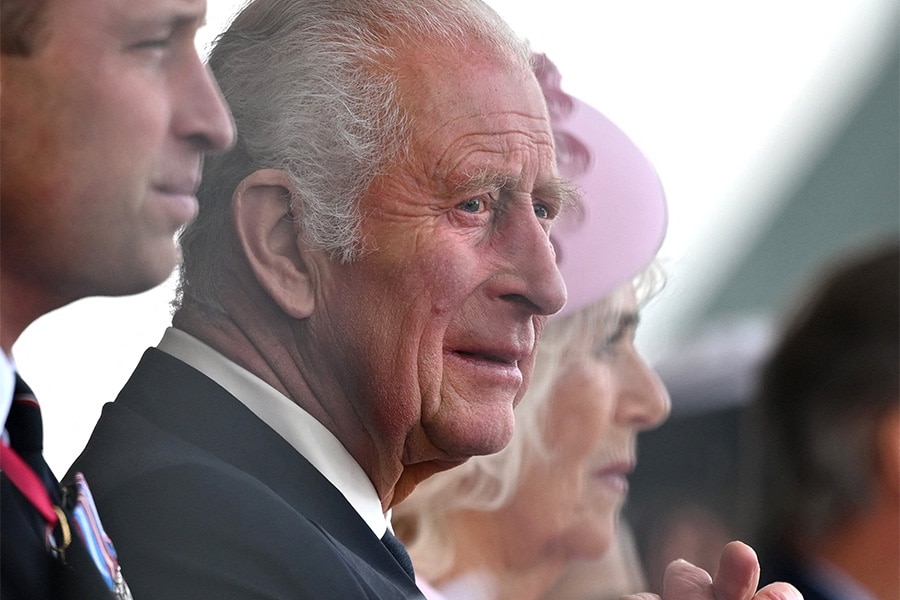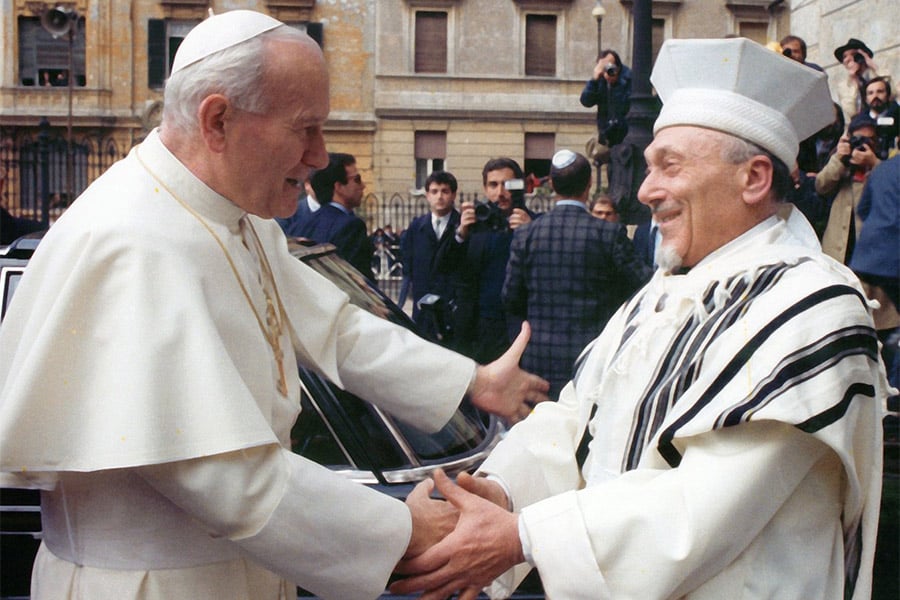Former Soviet political prisoners have pointed to “a common enemy,” one intent on undermining the cause of Ukrainian-Jewish understanding they worked to achieve, in a recent controversy over a World War II memorial in a Ukrainian Catholic cemetery near Philadelphia.
“For us, this is a definite sign that the same enemy has become more active, and again he is trying to sow discord between our communities,” said a group of 12 Ukrainians, former Soviet dissidents, in a letter to Philadelphia’s Jewish and Ukrainian communities.
The letter addressed concerns raised by various Philadelphia-area Jewish leaders over a 30-year-old monument in St. Mary’s Ukrainian Catholic Cemetery in Elkins Park, Pa.
Erected during the 1990s, the monument honors World War II Ukrainian soldiers who (under occupation by Nazi Germany, which regarded Ukrainians and other Slavic peoples as subhuman) fought in Germany’s 14th Waffen-SS “Galicia” Division, later known as the 1st Division of the Ukrainian National Army in 1945.
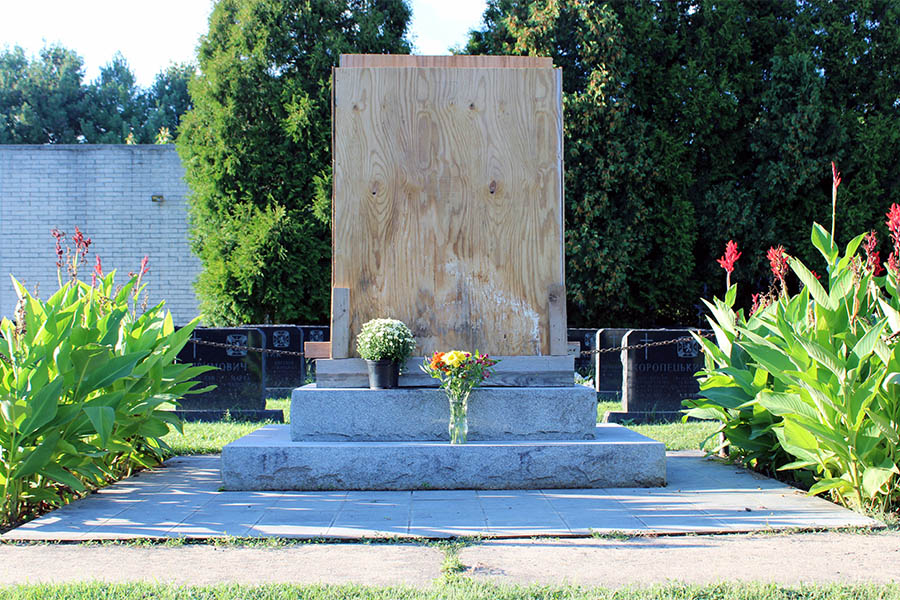
For decades, the Ukrainian soldiers’ participation in the division has been the focus of extensive inquiry by academics and investigators, with researchers noting soldiers joined the division as a means of attaining Ukrainian independence amid repression by both the Nazi and Soviet regimes. During the 1980s, three separate commissions in Canada, Australia and Britain found little to no evidence of the soldiers’ participation in Nazi atrocities.
Recent coverage of the monument revived debate over its historical legacy.
Following calls to remove the monument, Metropolitan Archbishop Borys Gudziak ordered it to be temporarily enclosed pending an “open, scholarly and compassionate dialogue” with area Jewish organizations while stressing that “the Ukrainian Catholic Archeparchy of Philadelphia values its relationship with the Jewish community and intends to address the issues at hand with the depth and seriousness that they deserve.”
The former Soviet political prisoners’ letter — a copy of which was obtained by OSV News, and the text for which was posted to the Archeparchy of Philadelphia’s Facebook Sept. 17 — was signed by Semen Gluzman, president and founder of the Ukrainian Psychiatric Association and the American-Ukrainian Bureau for Human Rights; philologist Olha Heyko; author and composer Mykola Horbal; author and literary critic Bohdan Horyn; poet Ihor Kalynets; civic activist Larysa Lokhvytska; Myroslav Marynovych, vice rector of Ukrainian Catholic University in Lviv; builder Mykola Matusevych; civic activist Leonid Milyavsky; retired politician Zoryan Popadyuk; journalist and lawmaker Oles Shevchenko; and Josyf Zissels, co-president of Vaad of Ukraine, that nation’s largest coalition of Jewish organizations, and vice president of the World Jewish Congress in Ukraine.
All of the signers had been incarcerated at various points for dissenting from Soviet authorities during the 1960-1980 Ukrainian resistance movement, while Ukraine was still part of the former Soviet Union. Several of the signers were founders and members of the Ukrainian Helsinki Group, an organization established in 1976 in Kyiv, Ukraine, to ensure the Helsinki Accords for human rights — adopted in 1975 by 35 nations, including the former Soviet Union — were observed.
“This dispute is becoming more intense, and its participants are becoming more uneasy. This makes us even more anxious,” said the group’s letter.
The former Soviet dissidents pointed to lessons learned during their “long-term sentences in Soviet prisons and Gulag camps.”
The gulag became for them “a symbol not only of suffering but also of a reinterpretation of our history,” said the letter. “It was in the Gulag that Jews and Ukrainians realized what was perfectly formulated by the Jewish political prisoner Arie Vudka: ‘We saw how the camp administration tried to sow discord between people of different nationalities, and we understood that we all were in the same situation, and we had a single enemy. Therefore, our position was to overcome this discord that they sowed, and to act together, to help each other. Not only personally but also between communities.'”
The former dissidents noted that upon their various releases from prison they became “active initiators of an international dialogue which resulted in several Ukrainian-Jewish conferences in Kyiv and Jerusalem,” with “considerable results.”
“It seemed that we had achieved the most important thing: our people, having different memories of history, stopped looking at the darkness in each of us,” they said. “A miracle happened: we looked at the light which is in us, and we realized that we were free.”
They added they were “unable to grasp why disputes which should have been a thing of the past a long time ago broke out” in Philadelphia. “We say this not to offend any of the participants in your heated discussions, but to make you realize … the fire of your wounded hearts is smoldering, but it was our common enemy that ignited it.”
In an apparent reference to Russian President Vladimir Putin, the signers said, “It is he who is destroying the Ukrainian land today and carrying out the genocidal extermination of the Ukrainian people. His interest is to weaken international support for Ukraine, turning your gaze in the direction of past grievances and insults.”
The signers stressed, “It was not possible to solve the disputes from the position of hatred for 80 years, and it will not be possible to do so today. The result is drowning in a maelstrom of even more intense enmity.
“Please do not let this happen!” they urged. “Understand that it is useless to look for mistakes in each other’s arguments because the biggest mistake is the argument itself. Do not let us at the end of our lives see that the cause of Ukrainian-Jewish understanding, which was sanctified by our camp brotherhood, and which became a great achievement of our nations, is under threat today.”
Read More Ecumenism & Interfaith Relations
Copyright © 2023 OSV News

